I recently did business with an agency. I needed a fairly high-risk-of-failure project accomplished. I had no idea if we could pull it off, but we had to try. So they listened to what I wanted. Asked about my budget. Then presented me with options.
We'll get to how the project turned out, but first, what interested me was their pitch.
Much like a real-estate agent showing their clients something way over their budget, this agency gave me some options they knew were way outside of what I was considering. This agency clearly knows something about "anchoring." It's a common psychological principle used, well... everywhere. Show people the huge prices you COULD be charging them, so the prices you actually charge seem small in comparison.
This agency knew I wasn't going to get the Cadillac of their services, but without the Cadillac option to anchor me, they knew I'd probably feel their "bottom option" was still too much. Maybe I'd negotiate for a smaller project or cheaper rates. But I didn't.
In other words, they maximized the value of their deal with me.
"Maximizing value" is familiar to poker players. A poker player is constantly maximizing the value of each hand of cards. You have the best hand possible? You bet as much as you can without scaring your opponent off. You have a decent hand? You want worse hands paying a mathematically unsound price to stick around waiting for better cards. Maximizing value is about squeezing your opponents for every dollar they can tolerate.
It's funny how much we take from poker and gambling to describe business. Winning or losing deals. Placing bets. High or low stakes. Doubling down.
But here's a problem. Our customers aren't our opponents at a poker game.
Most of us realize obesity is a big problem. We eat too much. There's a theory that's becoming more widely accepted that it's simply in our DNA. We were once a nomadic people, finding food sources only occasionally. So what happened when we found something? Those who gorged on it flourished. Who knew when we'd get calories again? It's our Gorging gene. But today we are awash in cheap calories. Our bodies haven't evolved to handle the dollar menu.
Does that also influence how we deal with our customers? I think it does.
I think most of us operate with an anxiety that all of our opportunities will vanish tomorrow. So we gorge ourselves when we can on our client's budgets. But it shouldn't be like that. We aren't playing poker with our clients. Instead we should be inviting them to our tribes. Helping them in anyway they need, and asking for their help by paying us so that we can likewise support ourselves.
Let's go back to that agency I worked with.
The work we did together was fine. It wasn't bad. It wasn't great. But after the project was over it wasn't successful.
Of course, given the high-risk I knew the project had, I didn't have huge hopes for it. But given they maximized their take of my budget to put out an unsuccessful project, I don't feel like they had my best long term goals in mind.
If they had come back to me instead with, "Hey Nathan, we realize what you want to do, but it's risky. How about instead of blowing your entire budget, we just do a couple small experiments to see what happens?"
Now, that would have been a great deal for all of us. Even if those small experiments didn't work out (odds likely they wouldn't) they'd have won my loyalty as a friend. Someone looking out for me. They'd be my first recommendation and someone I'd be pulling into as many projects as I could today.
Don't mistake what I mean. I'm not advising you to cheapen what you're worth or working for free. But there's a big difference from charging the premium you deserve to maximizing every deal.
So next time you're worried about walking away from possible "money on the table", just remember you shouldn't be at a poker table with your clients in the first place.
P.S. If you need help building something, please reach out: here. We'd love to be a part of how you're improving the world.


